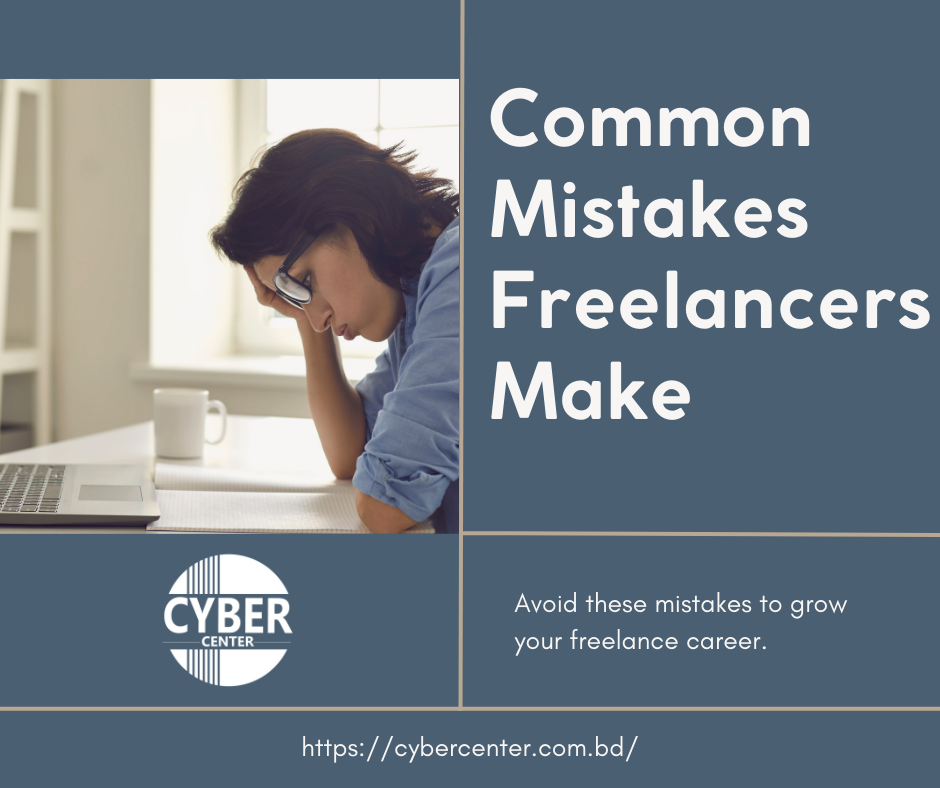Freelancing is a popular employment option because it provides independence, flexibility, and control over your work. If you’re thinking about getting into freelancing, our definitive guide will give you essential advice and insights to get you started on the right foot.
Choosing the Right Freelance Path
Before you start freelancing, consider your talents, hobbies, and market need. Investigate several freelancing sectors and industries to find those that match your interests and experience. This stage will assist you in narrowing your alternatives and determining the best freelancing route for you.
Establishing Your Freelancing Company
Establishing a successful freelancing company begins with resolving legal and financial concerns. Take the essential actions to establish your company and get acquainted with tax duties and invoicing practices. Create a professional online presence as well by building a website and exhibiting your portfolio.
Creating a Strong Freelance Brand
Creating a strong personal brand is critical in a competitive freelancing industry. Define your distinct value proposition and create a compelling brand identity and message that distinguishes you from the competition. Create an eye-catching portfolio and professional branding materials to highlight your abilities and experience.
Finding Freelance customers: Finding customers is one of the most difficult tasks for freelancers. Determine your target demographic and ideal customers, and then use networking and referrals to make your first contacts. To extend your client base, use freelancing platforms and job boards to identify appropriate possibilities, and explore proactive client engagement tactics such as cold pitching.
Pricing and Negotiating freelancing prices
It might be difficult to determine your value and establish competitive freelancing prices. To determine a reasonable wage, research industry norms and evaluate your experience and talents. Effectively communicate your value offer to customers, and enhance your negotiating abilities to achieve favorable contracts.
Time Management and Productivity
Effective time management is critical for a freelancer’s productivity. To maximize your productivity, create a timetable, establish limits, and prioritize work. Investigate several productivity tools and practices to help you optimize your workflow and remain organized.
Effective Communication as a Freelancer
Effective communication is essential for developing solid client connections. To minimize misunderstandings, establish explicit expectations and project scopes with customers. Throughout the project, maintain professional and timely communication, and manage client comments and disagreements with professionalism and grace.
- Developing Long-Term Client Relationships
Deliver great work and go above and above to develop long-term client connections. Maintain these connections by communicating often and providing added value wherever available. Don’t be afraid to ask delighted consumers for testimonials and recommendations in order to extend your client base. - Ongoing Learning and Professional Development
- Ongoing learning is essential for staying current in the freelancing market. Keep up with industry developments and innovations, and look for chances to broaden your skill set. Participate in freelancing communities, attend relevant events, and engage in professional development to expand your knowledge and open doors to new prospects.
Financial Management and Tax Saving
Managing your funds as a freelancer is crucial. Make a budget and a strategy for properly managing your freelancing income. Set aside money for taxes and think about hiring an expert to help you negotiate the difficulties of self-employment taxes.
Overcoming Freelancer Obstacles and Self-Motivation
Freelancing has its own set of obstacles, such as uncertainty and motivation. Embrace the independent lifestyle by having a good attitude, obtaining support from other freelancers, and developing work-life balance solutions. Remember to celebrate your victories and pursue your passion projects to maintain your drive.
Embracing Freelancing as a Lifestyle
Freelancing is more than just a job; it is a way of life that allows you to chart your own course. Accept the personal benefits of freelancing, such as pursuing projects you’re enthusiastic about and improving your work-life balance.
Summary
Finally, congratulations on starting your freelancing career! This comprehensive book has given you invaluable advice and ideas for getting started as a freelancer. Now that you’ve equipped yourself with information and motivation, it’s time to take the plunge and begin your successful freelancing career. Accept the flexibility and opportunity that freelancing provides, and take pleasure in the gratifying and rewarding route you’ve chosen.
Freelancing FAQs
- Does freelancing need unique skills?
-Freelancing possibilities are accessible for a broad variety of talents and knowledge. Find freelancing clients using your abilities. - How do freelancers manage fluctuating income?
– Freelancers face inconsistent income. Budget, save, and prepare for income volatility. To maintain employment, broaden your clientele and sell your skills. - How can a freelancer network?
– Finding customers and prospects requires professional networking. Attend industry events, join online forums, and network with colleagues and clients on LinkedIn. To grow your network, talk, give, and nurture. - What freelancing marketing techniques work?
– To acquire customers, freelancers must demonstrate their talents. Create a professional website, portfolio, and social media accounts. Blog, video, and podcast insights may be used for content marketing. Ask delighted customers for references. - How do I set freelancing rates?
– Consider industry norms, your experience and expertise, and client value when setting freelancing charges. Estimate project time, effort, and expertise. As you learn, evaluate and modify your rates. - How can freelancers maintain a work-life balance?
– Freelancers need work-life balance for their health. Set work-life limits, a timetable, and client availability. To balance work and life, prioritize self-care and interests.
We want to answer typical freelancer problems to help you succeed. Freelancing demands skills, marketing, money management, and personal and professional development. Build a successful and rewarding career by embracing the difficulties and advantages of freelancing.






